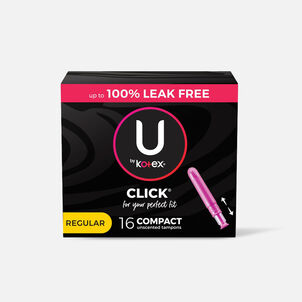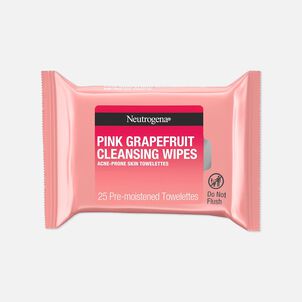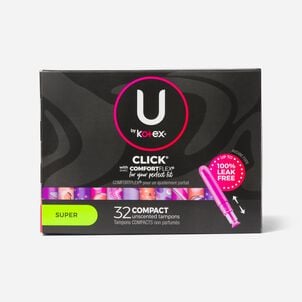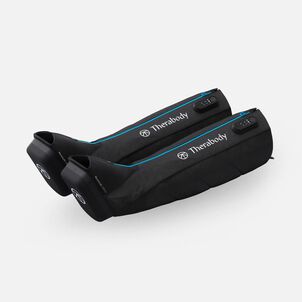The Affordable Premium Perk of HSAs
Does the term "high deductible" scare you? If so, you're not alone. Particularly if you're used to having coverage with a low deductible and copays for things like office visits and prescriptions, the idea of switching to a high deductible health plan (HDHP) might make you understandably anxious.
But having an HDHP lets you save tax-free money in a health savings account to cover future medical bills, and the HDHP itself is a good choice if you want to save money on your monthly health insurance premiums--the amount you pay to be covered by your plan each month.

When you get employer-sponsored coverage
According to the Kaiser Family Foundation, the average single employee who selected a non-HDHP HMO plan in 2017 had to pay about $128/month in premiums via payroll deductions (the employer paid an average of $460/month in additional premiums; most employers pay the majority of their employees' premiums).But for single employees who selected HDHP coverage, the average employee's premium was about $85/month — a savings of approximately $43 every month.
In both cases, the employees have to pay a lot more if they want to add family members to their plans. But the employee's share of the premiums for family coverage is still cheaper under an HDHP than under the average HMO option. An HDHP averages $383 per month, versus $571 per month under an HMO.
When you buy your own health coverage
If you're buying coverage in the individual market (ie, you don't get it through your employer), you'll likely have numerous options. Nearly every area of the country has at least one HDHP available to people who purchase their own coverage, but there will also be an assortment of other options available.
In the individual market, the HDHP options will be among the lowest-priced options, although there may be some slightly lower-priced non-HDHPs available. Keep in mind, you can't contribute tax-free money to an HSA if you pick a non-HDHP.
This is important for people who might otherwise simply select the lowest-priced plan — don't forget about eligibility to contribute to an HSA when you're picking!
A 40-year-old in Denver who buys her own health insurance in 2018 and doesn't qualify for any premium subsidies would pay $353/month for an HSA-qualified plan with a $5,550 deductible. This is in contrast to $472/month for a plan with a $5,300 deductible, but with copays for things like prescription drugs and primary care visits. Note that both plans are HMOs, but they're offered by two different insurers, along with numerous other plan designs.
Prices and plan options vary considerably from one area to another, but in general, HDHPs will be among the lowest-cost plans.
Lower premiums save you money all year long
In some cases, the more expensive option will be the better choice though you can't make that decision until you look objectively at the numbers. Here are some points to keep in mind:
How much will you save in premiums by picking the HSA-qualified HDHP, versus a plan that isn't HSA-qualified?
In the example above, using national averages, a single employee would save $43/month in premiums by selecting an HDHP instead of a non-HDHP HMO. An employee who needs family coverage would save $188/month. The 40-year-old in Denver who picks the HDHP (as opposed to the copay plan described above) not only becomes eligible to save tax-free money with an HSA, she also saves $119/month in premiums.
How often do you typically use the sort of medical services that would be covered with a copay on the non-HDHP options available to you?
If you only go to the doctor twice a year, is having copays worth the extra money you'll pay in premiums every month? (keep in mind that in almost all cases preventive care is covered in full, before the deductible, regardless of whether you choose an HDHP or a non-HDHP).
Do you think you'll reach the out-of-pocket maximum by the end of the year?
If you're anticipating significant medical costs, you might end up hitting the maximum out-of-pocket no matter which plan you choose. You may find that the various plans available to you have similar out-of-pocket maximums. So even though HDHPs are often touted as being a better option for young, healthy people, they can be a good option for people with significant medical needs, too.
.png)
Best Sellers
Excluded from promotions
















